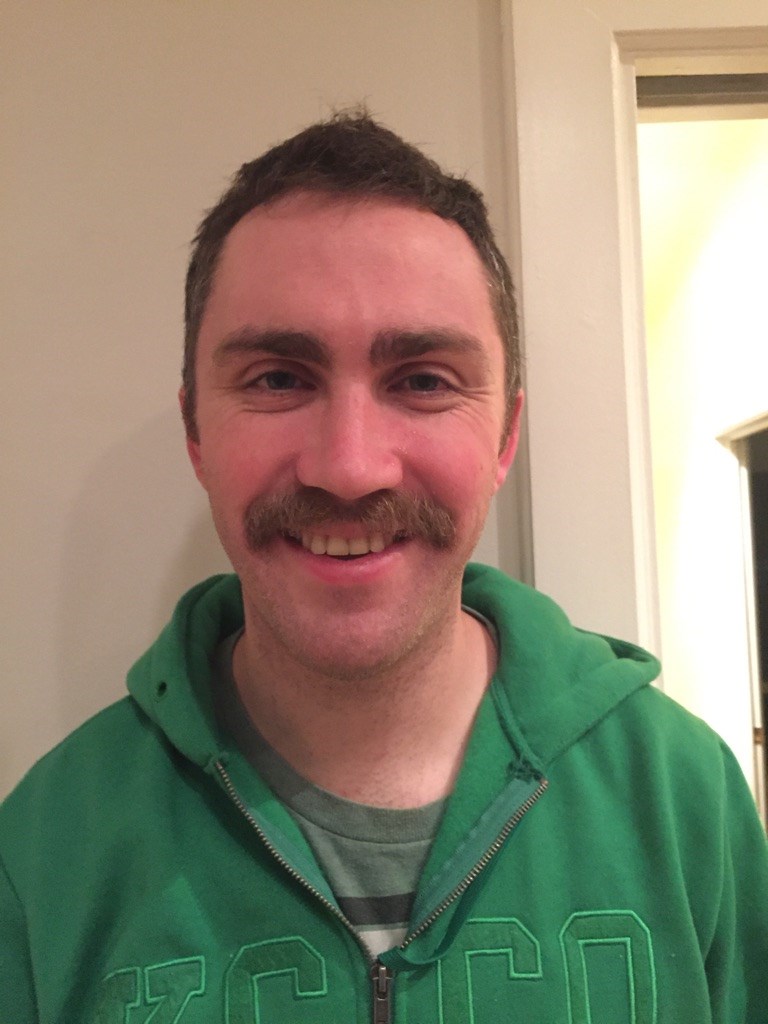A group of Burnaby Mounties raised more than $20,000 during Movember and beat 99 other RCMP detachments in the annual Great Canadian Police Challenge.
This is the fifth time they've won the title.
Each November, men around the world grow their mustaches to raise money and awareness about prostate cancer and mental health.
Leading Burnaby Fuzz was captain and Burnaby RCMP Const. Greg Carwithen, who personally brought in $18,232 (out of $20,552) for the cause.
Carwithen became a “mo bro” in 2010 after he and his co-workers tossed around the idea of forming a group. His own father, Jeff, had survived prostate cancer after a 2004 diagnosis.
“I didn’t really expect it to be anything more than trying to get a couple of people to throw a couple dollars on the website and have a good time with it,” he told the NOW. “The first year we had a little pizza and silent auction (party) at my parents’ house, about 40 people. My mom’s house was packed. We kind of realized, OK, there’s too many people to be in here, so that’s why we decided to do it again the next year.”
The family raised $4,500 that inaugural year and another $11,000 in 2011.
“Year after year it grew and grew,” the 30-year-old officer said, noting 2015 was the family’s biggest year to date ($24,000). The biggest contributor to their grand total is a pub night, which consists of some 100-plus family and friends, a 50/50 raffle and a silent auction.
Since joining the Movember movement, the Carwithens have raised more than $117,000.
“It’s pretty fantastic when you can think that a group can get together and make that kind of money,” said Jeff.
Jeff noted at the time of his cancer diagnosis, men didn’t really talk about their health. He recalled life kind of being “ripped right out” when doctors gave him the news.
“It’s scary. You go through all the stuff about are you going to survive it or not.”
But today, things are a lot different, he said.
“In my industry now, I have people phoning me up because they know I’ve had it and they ask me what’s going on because they’ve had it, so we kind of have an unofficial support group. I think people talk about it more now.”



